-
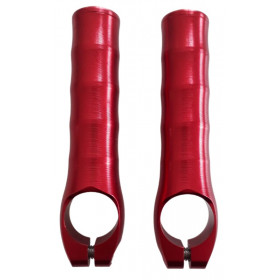 New product -60%Bar ends aluminium
New product -60%Bar ends aluminium- €12.00
- €29.99
-
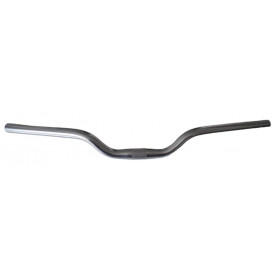 New productRaised right handlebar
New productRaised right handlebar- €8.99
-
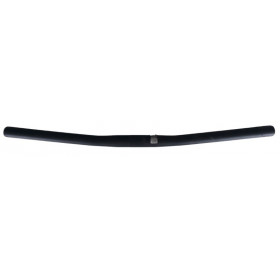 New product UsedStraight MTB handlebar
New product UsedStraight MTB handlebar- €5.99
-
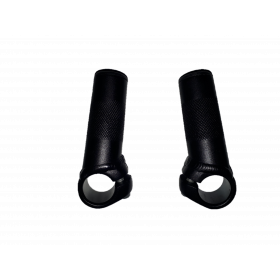 New productMTB aluminium bar ends
New productMTB aluminium bar ends- €6.90
-
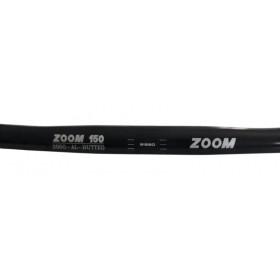 New productHandlebar Zoom 150 2000-AL-BUTTED
New productHandlebar Zoom 150 2000-AL-BUTTED- €19.99
-
 New product3T MTB Pro comp handlebar
New product3T MTB Pro comp handlebar- €29.99
-
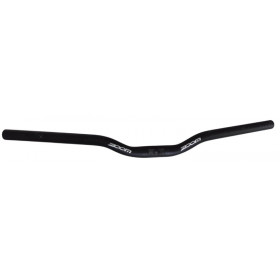 New productZoom semi-raised handlebar
New productZoom semi-raised handlebar- €8.99
-
 UsedLapierre MTB handlebar
UsedLapierre MTB handlebar- €9.99
-
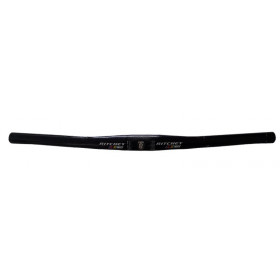 UsedRitchey wcs MTB handlebar
UsedRitchey wcs MTB handlebar- €8.99
-
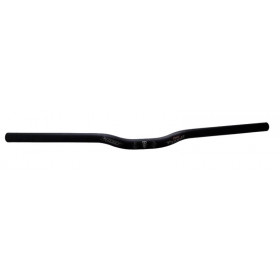 New productRitchey comp rizer MTB rised handlebar
New productRitchey comp rizer MTB rised handlebar- €17.99
-
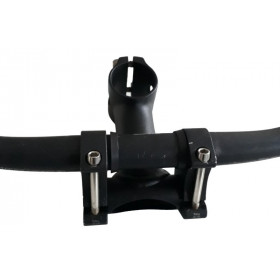 UsedAdjustable handlebar and stem VRO Syntace Cannondale
UsedAdjustable handlebar and stem VRO Syntace Cannondale- €49.99
-
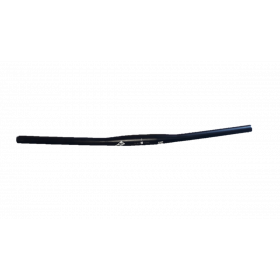 UsedRace Face Ride MTB flat handlebar
UsedRace Face Ride MTB flat handlebar- €9.99
-
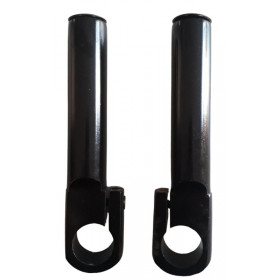 New product -58%MTB bar-ends
New product -58%MTB bar-ends- €6.30
- €14.99
-
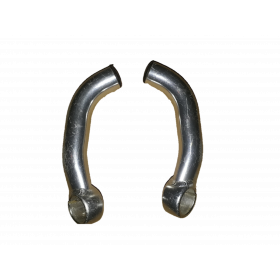 UsedMTB bar ends aluminium
UsedMTB bar ends aluminium- €4.99
-
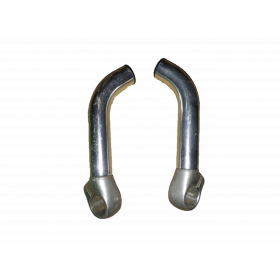 UsedBar ends aluminium for MTB
UsedBar ends aluminium for MTB- €4.99
-
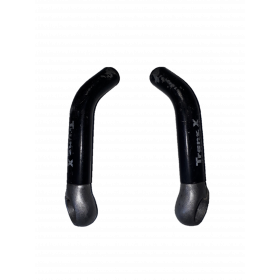 UsedBar ends Tranz X black
UsedBar ends Tranz X black- €4.99
Showing 1-16 of 16 item(s)
The handlebars on a trials mountain bike are an essential element that influences the maneuverability, control and comfort of the bike when practicing this discipline which emphasizes the precise crossing of obstacles. Here is a description of its function, its characteristics and the associated standards:
Function :
1. Directional control:
The handlebars allow the rider to steer the bicycle by transferring their steering movements to the front wheels.
2. Balance and stability:
A well-designed handlebar contributes to the balance and stability of the bike by providing a comfortable and ergonomic riding position, which is crucial for maintaining control when navigating obstacles.
Features :
1. Width:
Trial mountain bike handlebars are generally narrower than those used in other mountain biking disciplines. This allows the rider to have better handling and control when precisely handling the bike in technical sections.
2. Height:
Trials handlebars often have a reduced height to maintain a low center of gravity, which improves the stability and responsiveness of the bike when navigating obstacles.
3. Shape and curvature:
Trials handlebars can have different shapes and curvatures to suit the rider's preferences for riding position and comfort. Some models may feature a rearward curvature to provide a more aggressive stance, while others may be straight for a more neutral stance.
4. Construction material:
Trial mountain bike handlebars are generally made of aluminum to combine lightness and strength. Some high-end models may be made of carbon to further reduce weight while retaining the stiffness needed for precise handling.
Standards:
1. Diameter:
Trial MTB handlebars are generally compatible with common diameter stems, such as 31.8mm. It is important to choose a handlebar compatible with the diameter of the stem to ensure a secure fit and efficient transmission of force.
2. Length:
Trials handlebars come in different lengths, but are generally shorter than those used in other mountain biking disciplines to provide better handling and control in technical sections.
In summary, the handlebars of a trials mountain bike are a crucial element that influences the handling, control and comfort of the bike when practicing this demanding discipline. With specific features such as reduced width, low height and adapted shape, it offers optimal performance in technical trials situations.
